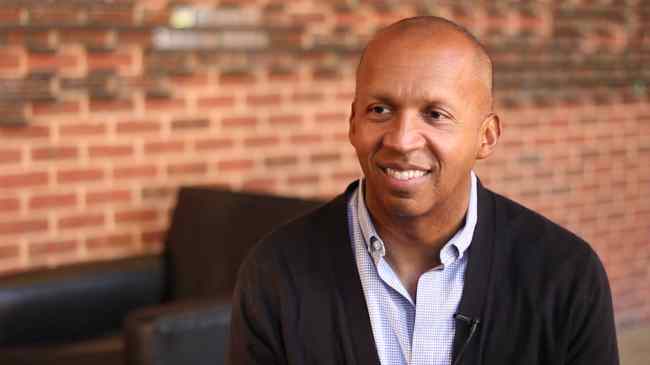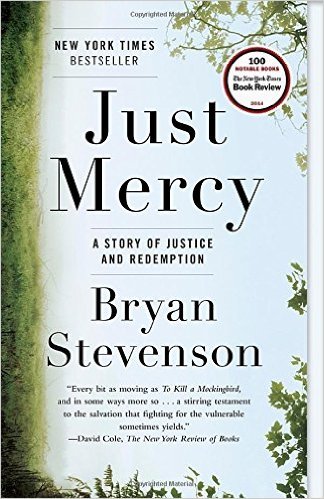Lawyer’s memoir recounts stories of justice and redemption
By Won Ho-jungPublished : Feb. 11, 2016 - 18:38
By Molly Born
Pittsburgh Post-Gazette
At first Bryan Stevenson was conflicted about whether writing a book on his life’s work was the best use of his time.
Since 1989 the lawyer and activist has led the Equal Justice Initiative, the Alabama legal practice he founded, which represents death row prisoners, juvenile offenders sent to adult prisons and the wrongfully convicted.
“I felt like if more people saw what I see on a regular basis, they would think differently about those issues, and that is ultimately what persuaded me that this was time well spent,” he said.

Two years of memorializing those stories culminated in “Just Mercy: A Story of Justice and Redemption,” Stevenson’s award-winning best-selling memoir published in 2014.
Born in a rural community in Delaware, Stevenson graduated from Eastern University, near Philadelphia, and Harvard, where as a law student, he took an internship representing death row inmates in Georgia.
The work of the nonprofit Equal Justice Initiative has led to the release of dozens of death row prisoners who were illegally convicted or condemned to death.
Stevenson’s perspective is especially notable amid narratives that highlight unfairness in the criminal justice system, most recently the Netflix documentary “Making a Murderer.”
In an interview, Stevenson posited that dramatic spending cuts that resulted from the 2008 recession prompted a closer look at the soaring costs of mass incarceration. Keeping people in jail for long periods of time came under renewed scrutiny “when the economics tightened, when the question about how we spend our money became more intense.”
“I think that we have been inattentive to the phenomenon of mass incarnation for decades. There were a handful of us who were living that nightmare. ... Now I think you‘re seeing it manifest in popular culture.”

But do those narratives engender reform or briefly vex certain audiences, who then go back to living their normal lives?
“I think it can be a good thing. It can also be a distraction. I think it many ways, popular culture contributed to the problems of mass incarceration -- evil offenders doing evil things and the system failing to hold them accountable (which) resulted in these incredibly harsh punishments,” he said. “We sensationalized bad crimes, and it’s created a bad criminal justice system.”
Responsible coverage, however, can “animate those stories and give perspective.”
Stevenson was resolute about what criminal justice reform he would change overnight if he could.
“Get everyone out of prison who is not a threat to public safety,” he said, and invest the savings in education and other services.
(Tribune Content Agency)


![[Herald Interview] 'Amid aging population, Korea to invite more young professionals from overseas'](http://res.heraldm.com/phpwas/restmb_idxmake.php?idx=644&simg=/content/image/2024/04/24/20240424050844_0.jpg&u=20240424200058)















![[Today’s K-pop] Kep1er to disband after 2 1/2 years: report](http://res.heraldm.com/phpwas/restmb_idxmake.php?idx=642&simg=/content/image/2024/04/25/20240425050792_0.jpg&u=)